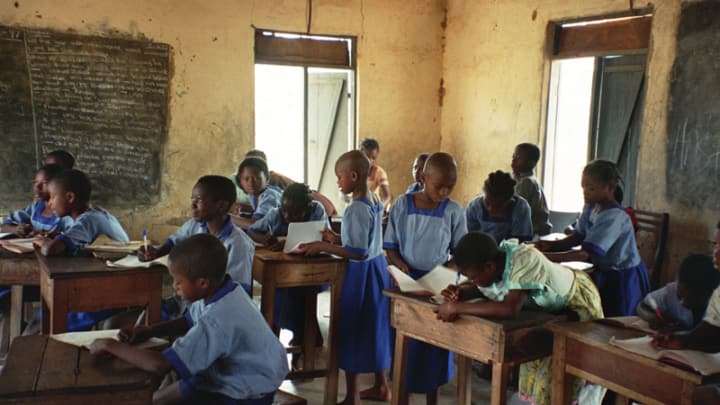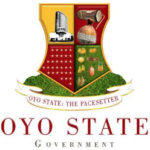Whereas the narratives in recent years about the state of basic education in the country have generally never been cheering, a recent revelation that no fewer than 79 schools in the Misau Local Government Area (LGA) of Bauchi State have only one teacher each, teaching all subjects, is incredible. The Director of School Services in the Bauchi State Universal Basic Education Board (SUBEB), Korijo Umar, disclosed this while answering questions from journalists during a media chat organised by the United Nations Children’s Fund on the enrolment drive of out-of-school children in Misau and Alkaleri LGAs. “In Misau, there are 79 schools that have only one teacher each”, Umar said.
In a swift disclaimer to the same news story, the executive chairman of Bauchi SUBEB, Dr Surumbai Dahiru Usman Bauchi, in a statement signed by the board’s information officer, Muhammad Abdullahi, said contrary to what was reported, the mention of 79 was about the teacher-pupil ratio in the state, which he said is 1:79. “After the last annual school census, it was discovered that there is a shortage of teachers in the state. Therefore, approval has been granted to recruit additional teachers”, Surumbai said.
Unfortunately, Surumbai’s rush to save the face of Bauchi SUBEB or state government from the embarrassing state of education in the state failed to quash the fact that schools in Bauchi State lack enough teachers. A recent report published by the United States Agency for International Development (USAID) said 207 public schools across the twenty LGAs in Bauchi State have no teachers. This is contained in a survey conducted by the USAID-funded “LEARN to Read” project. The statistics of 207 schools represent 6.3 per cent of the total number of public schools managed by the state and local government authorities across Bauchi State.
The situation in Bauchi State is not different from that in several other states across the country. Speaking at a recent meeting held at Rumfa College, Kano, with staff of five agencies under his ministry, the Kano State Commissioner of Education, Alhaji Umar Haruna Doguwa, lamented the inadequate number of teachers available in schools. Doguwa said there were over four million students across the state that sit on the floor with some schools having only one teacher; a situation he described as pathetic. He said the state was taking measures to bring changes in both the primary and secondary education system of the state. To tackle the challenge, Doguwa said some of the staff in the ministry’s zonal offices would be posted to teach in schools.
The dearth of teachers in schools is certainly not a recent phenomenon in many states. In another shocking revelation last year, the Executive Secretary of the Universal Basic Education Commission (UBEC), Dr Hamid Bobboyi, said there existed some public primary schools, especially in the northern part of the country, with only one teacher in the entire school. Bobboyi said there were states in which about 10 per cent of their primary schools operate with only one teacher; doing the job of both the head teacher and the class teacher for all the pupils in all classes (from Primary One to Six) within the school. Bobboyi lamented that the situation is so bad that almost all public basic schools across the states of the federation suffer from the inadequacy of teachers.
The UBEC chief made the remarks during an interactive session with the beneficiaries of the 2020/2021 Federal Teachers’ Scheme (FTS) project in Lagos State. The FTS intervention programme was established by the federal government in 2006 to assist states address the shortage of teachers at the basic education level. Beneficiaries of the FTS earn N30,000 monthly as a salary.
Given the number of colleges of education in the country where teachers are trained to qualify and obtain the Nigeria Certificate in Education (NCE), which is the least qualification required to become a teacher in Nigeria, the UBEC must interrogate the unabated dearth of teachers in public schools across many states. How come the situation over the years has failed to change even though tens of thousands of trained teachers are turned out annually by the faculties of education in Nigerian universities and by the several federal, state and privately-owned colleges of education in the country? Could it be that state governments did not find qualified teachers to employ or simply failed to employ them?
The continued dearth of teachers in states simply illustrates how millions of children are denied quality education. The existing gap in the number of teachers in public schools must be bridged by recruiting qualified personnel. This must be taken seriously. Government cannot afford to pay lip-service to basic education.

 Join Daily Trust WhatsApp Community For Quick Access To News and Happenings Around You.
Join Daily Trust WhatsApp Community For Quick Access To News and Happenings Around You.


